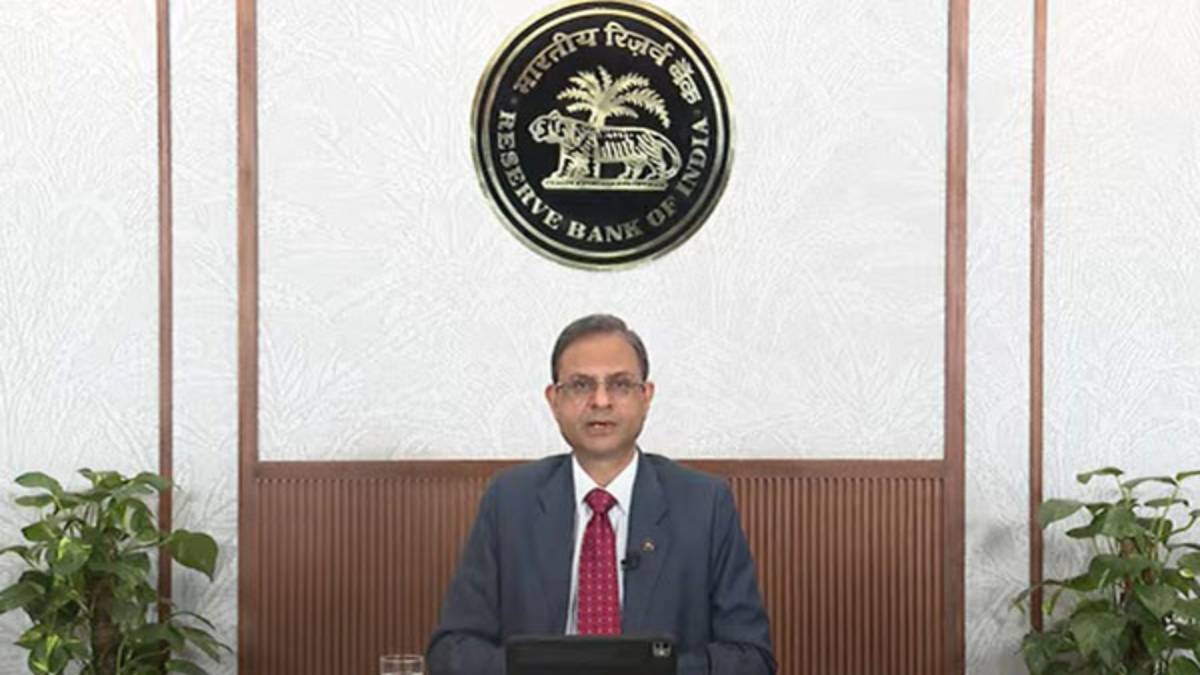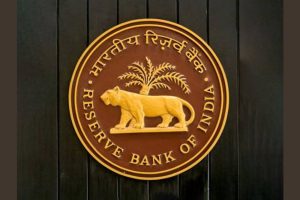Reserve Bank of India (RBI) Governor Sanjay Malhotra on Friday said the central bank’s monetary policy decisions will focus more on the future economic outlook than current data, ahead of the upcoming Monetary Policy Committee (MPC) meeting scheduled for August 4–6.
Speaking at the Financial Express BFSI Summit in Mumbai, Malhotra explained that while policy remains data-driven, the MPC’s decisions will be guided by evolving trends and revised projections. “Monetary policy being data-driven, more on the outlook will be guided by the revised numbers if any call is taken,” he said.
He also emphasized the flexibility offered by the RBI’s current “neutral” policy stance. “It allows the MPC to move in either direction or even to pause, depending on the incoming data,” he added.
The RBI Governor reaffirmed that maintaining price stability remains the central bank’s top priority. “Price stability continues to be challenge number one… We are a full-service central bank, so alongside monetary policy, we also focus on banking regulation,” Malhotra stated.
Raising concerns over corporate ownership in both the financial and real sectors, Malhotra cautioned against potential conflicts of interest. “If the same group operates in both financial services and the real economy, there’s an inherent conflict of interest. These concerns remain,” he noted.
On digital finance, the governor underlined the critical role of payment systems in the economy, particularly India’s UPI framework. He reiterated the need to ensure long-term viability without compromising accessibility. “UPI is public infrastructure—efficient, secure, and universally accessible payments are essential for economic growth,” he said.




